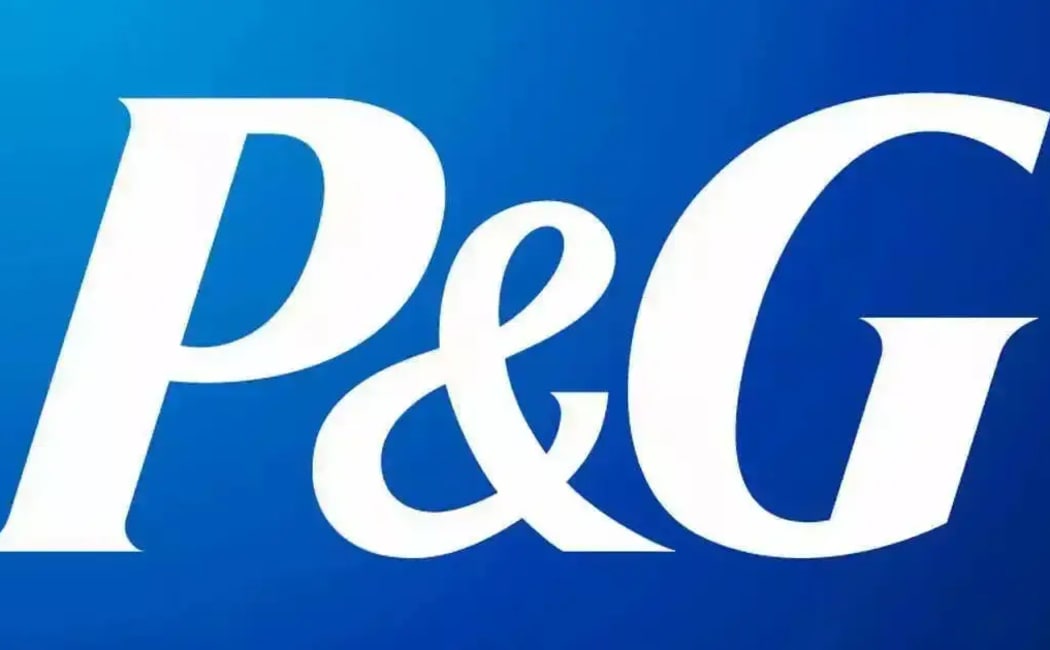P&G to Exit Pakistan: Manufacturing Closure & Shift to Distributor Model

P&G to Exit Pakistan: Manufacturing Closed, Distribution Strategy Shifted
Procter & Gamble (P&G) has announced it will wind down its direct operations in Pakistan—including P&G Pakistan and Gillette Pakistan—and transition to a third-party distribution model to keep its brands in the local market.
Why Is P&G Leaving Direct Operations?
P&G’s decision forms part of its global restructuring plan aimed at optimizing operations, cutting costs, and focusing on efficiency. In June, the company revealed plans to trim its brand portfolio and eliminate up to 7,000 jobs over two years. In Pakistan, however, weak demand, profit repatriation restrictions, and rising energy costs have made direct investments increasingly challenging.
What Exactly Is Being Wound Down?
- P&G will halt its manufacturing and commercial operations in Pakistan.
- Both P&G Pakistan Pvt Ltd and Gillette Pakistan Ltd will be affected.
- Direct management of production, sales, and marketing will end.
- Brands will remain in stores, but under third-party distributors.
How Will the New Model Work?
P&G will adopt a third-party distribution strategy, where independent distributors will handle imports, warehousing, and sales instead of P&G directly. This lets the company reduce operational risks while maintaining its brand presence in Pakistan.
Impact on Employees & Shareholders
Employees impacted by the closure will be offered alternative roles in international markets or receive separation packages. Gillette Pakistan’s board is also reviewing options, including possible delisting from the Pakistan Stock Exchange. Interestingly, its stock price jumped the daily limit of 10% right after the announcement.
Historical Context & Precedents
P&G entered Pakistan in 1991 and quickly grew into one of the leading FMCG players. Its products like Pampers, Ariel, Head & Shoulders, and Pantene became household names. Over time, it expanded with local detergent and soap plants. But in recent years, several other multinationals—like Shell, Pfizer, and Telenor—have also scaled back operations, raising concerns about Pakistan’s investment climate.
Broader Implications for Pakistan
Industry experts argue that the exit is a wake-up call for policymakers. With high infrastructure costs, currency instability, and regulatory hurdles, Pakistan risks losing more multinational investors. Former executives warn that without reforms, “we will keep hearing about multinational exits.”
What Happens Next?
- P&G and Gillette will gradually shut down manufacturing plants.
- Third-party distributors will begin importing and selling products.
- Employees will be reassigned abroad or offered severance packages.
- Gillette Pakistan will decide on delisting or restructuring.
- Consumers will still access Pampers, Ariel, Safeguard, and other brands in stores.
Key Brands That Will Remain in Market
- Pampers
- Head & Shoulders
- Ariel
- Gillette Razors
- Pantene
- Safeguard & Olay
Conclusion
P&G’s decision to discontinue direct operations in Pakistan reflects the difficult business climate multinational firms face. By moving to a distributor-only model, P&G ensures its products stay available, but the move highlights the urgent need for reforms to improve foreign investor confidence in Pakistan.
